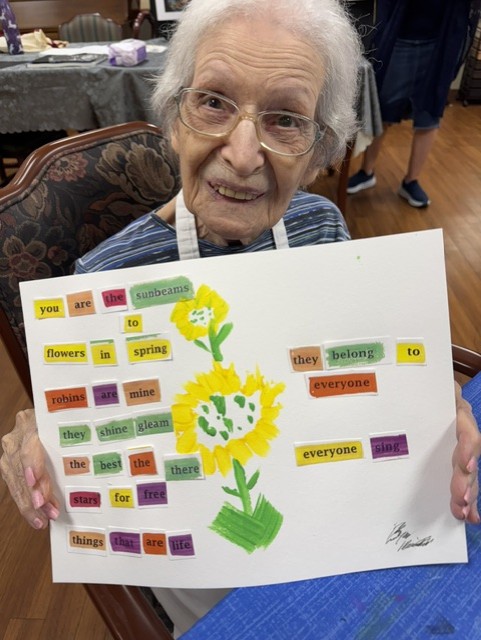At only four years old my son has recently learned to say, “that’s not fair!” It must be his new favorite phrase because he says it quite often. When I say that it is time to get ready for bed, he tells me it isn’t fair. When I tell him he cannot eat cake for dinner, he tells me that it isn’t fair. When I tell him that he has to wear a jacket to play outside in the autumn chill, he loses his mind with the unfairness of it all.
The list of examples of the things my three children have believed to be unfair in the last month would be too long to list here. Included in the list is an earlier bedtime for our four-year-old than his teenage siblings, having a curfew for our 16-year-old, and expecting our 19-year-old to keep food out of her bedroom.
While most parents would say that they have gone through similar experiences with their own families, when my children utter this phrase, it grinds though my patience pretty quickly. What I want to say is something like “Who told you that life is fair?” or “That’s just how it is.”
What I try to say is something more like “Tell me why you don’t think it is fair.” I listen to them with the intention to hear them, all the while my insides feel like tangled knots as I hear them tell me what they believe my expectations should be. I try to be the mature parent who is calm, cool, and collected, but the truth is that I don’t want to hear about their experience with unfairness. After all, shouldn’t the standard of fairness be whatever I want it to be in my house? Should I really be expected to articulate a standard of fairness to my children? I decided to get curious about what it means to be treated unfairly.
What Does It Mean to Be Treated Unfairly?
What I am discovering is that from their perspective, my expectations are unfair. I don’t believe this makes me a bad mom. I remain curious to see how this awareness of fairness could make positive changes in our family dynamics.
Of course, we have all had experiences of unfairness in our lifetimes. Why is it that some people are so quick to point out the unfairness of life when we are on the receiving end, but are quick to rationalize away our reasons for making things unfair for other people?
This may be one reason why it is so difficult for so many people to try to understand fairness through the perspective of someone else. Someone ‘other.’ Trying to put the standard of fairness into words can seem like an incredible challenge for so many people. Why isn’t the quick answer of “because I’m the mom and I said so” satisfactory? After all, this was the model of parenting that my parents used, and I turned out alright. Didn’t I?
Where Is This going?
If I were to write a list of the things that I want my children to learn, I would want curiosity, concern for justice, and autonomy to be near the top. To achieve this goal, the model of parenting that my husband and I are attempting would say something like “the things that you want your children to receive must be modeled for them,” AKA “do as I do, not just as I say.”
Yikes. Talk about challenging.
Would that mean that after a long day of working, running the kiddos here and there, and finally getting home where all I want to do is take a hot shower and crawl into my own bed, that I instead have to model listening to my children about their experiences and try to find an equitable solution to staying out past curfew or taking their own bath before bed? Does the new model of parenting mean that I am learning how to share the authority over their lives with them in order for them to understand fairness?
I think that it does. And I wish that it didn’t seem so unfair.
For Reflection (either individually or with a group)
Read the blog. Read it a second time, maybe reading it aloud or asking someone else to read it aloud so you can hear it with different intonation and emphases. Take these questions for a walk in the woods or in your neighborhood, for a swim or a run or for a hot soak in the tub. Invite the questions to join you for tea or coffee.
- What did your family of origin teach you about fairness?
- What does your faith tradition teach you about unfairness?
- How do you tend to react when you feel you are the object of unfairness? How would you like to respond?
Download a pdf including the Reflection Questions to share and discuss with friends, family, or members of your faith community small group.
View all articles by:






















